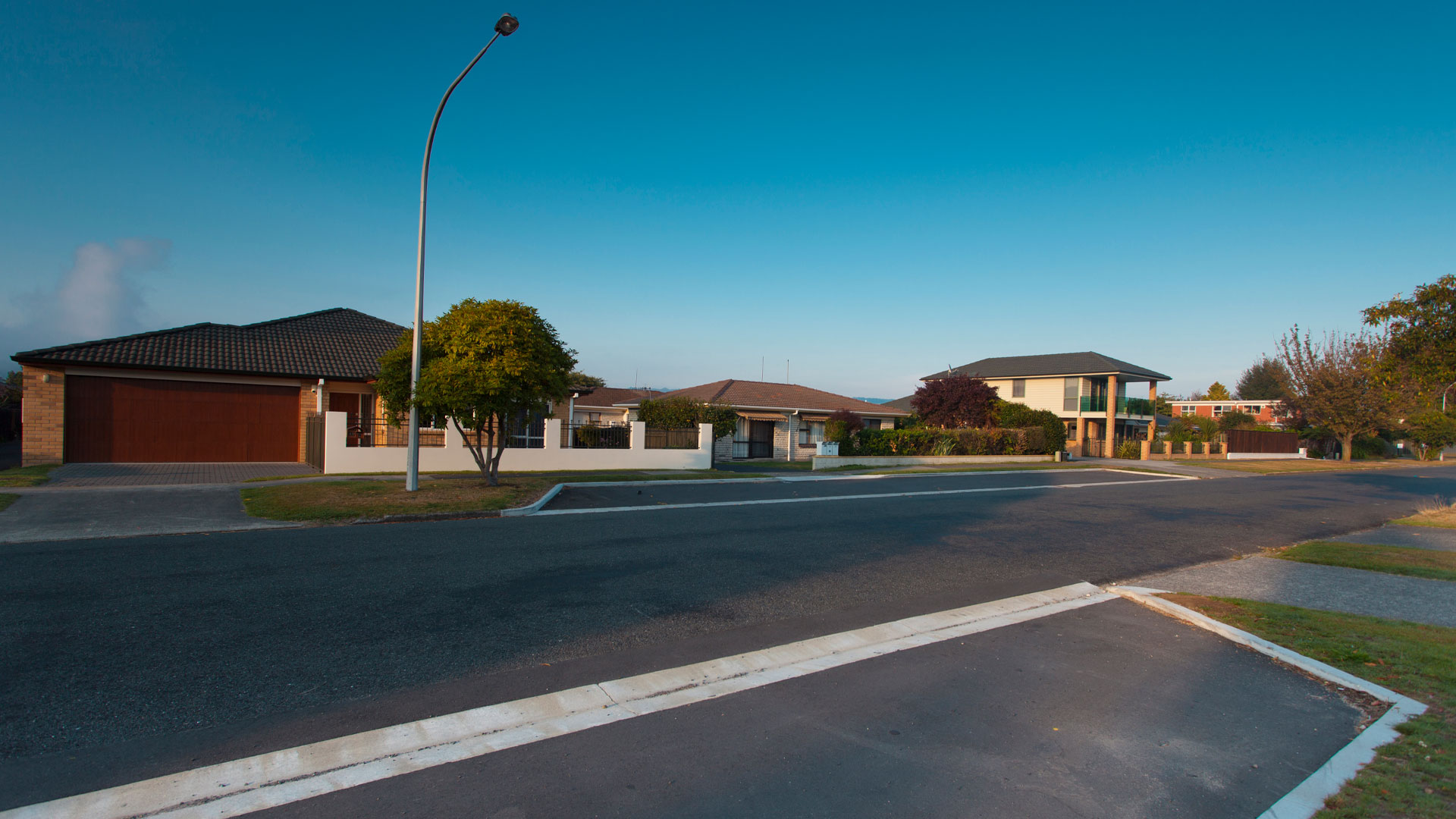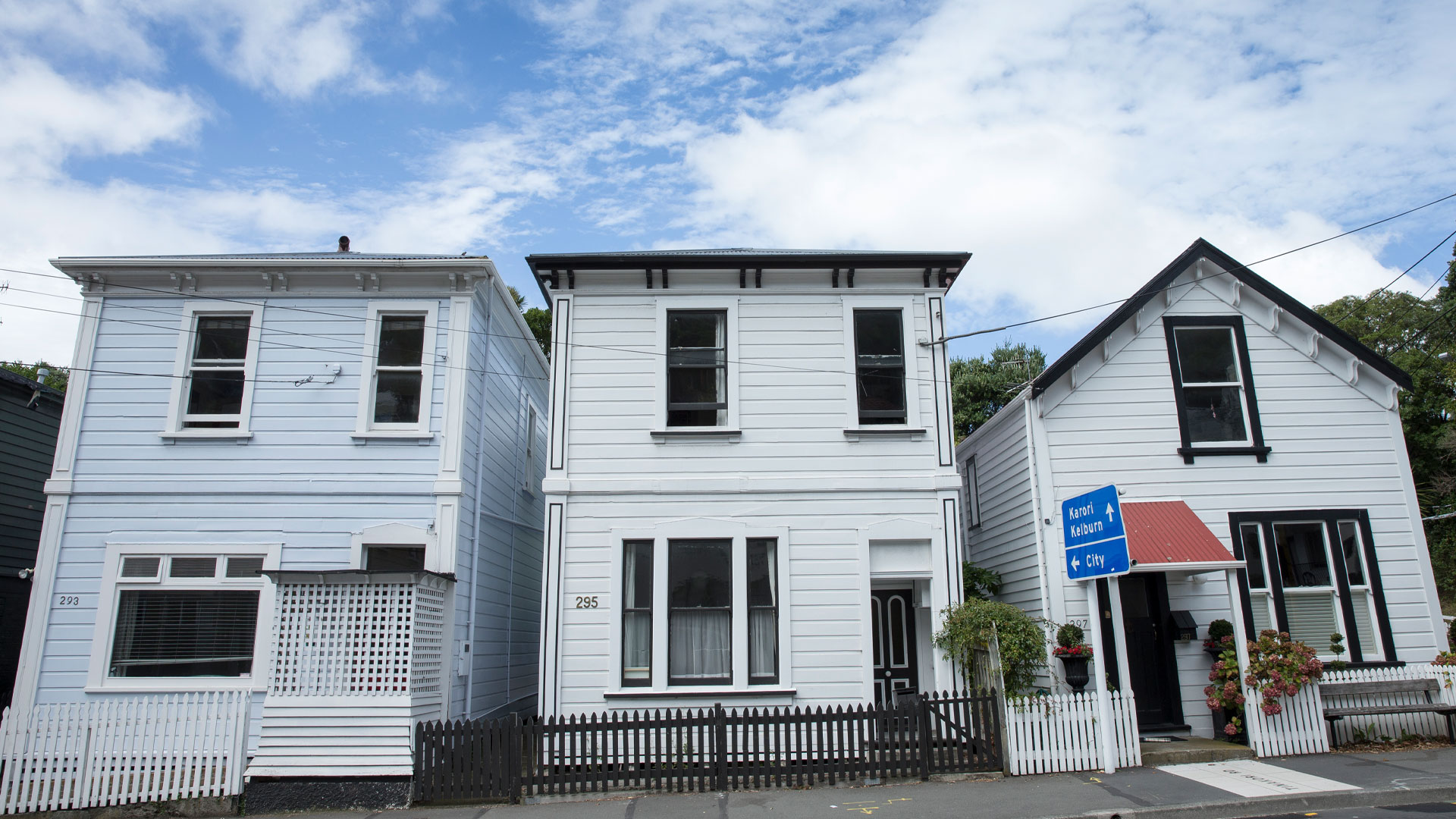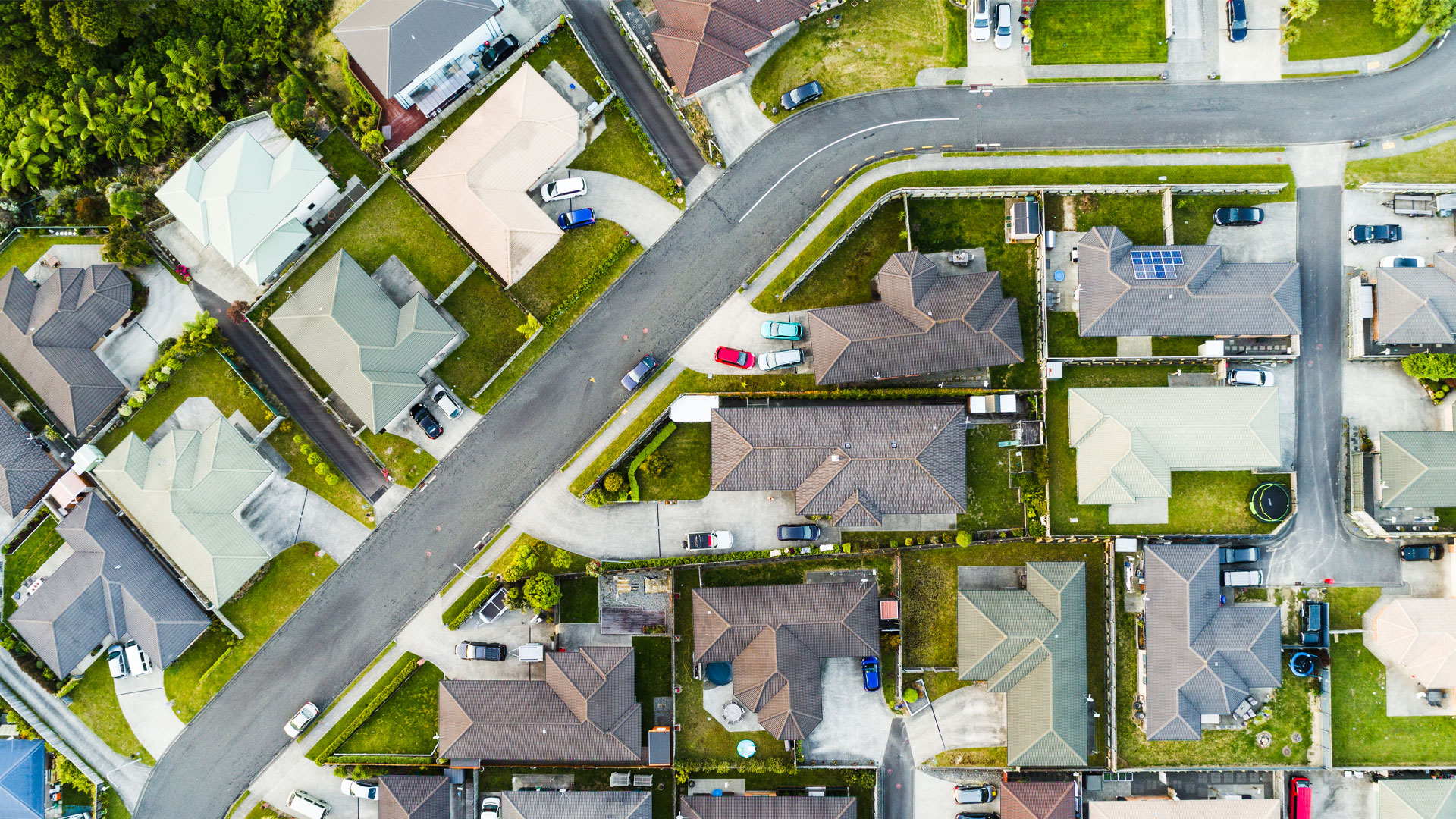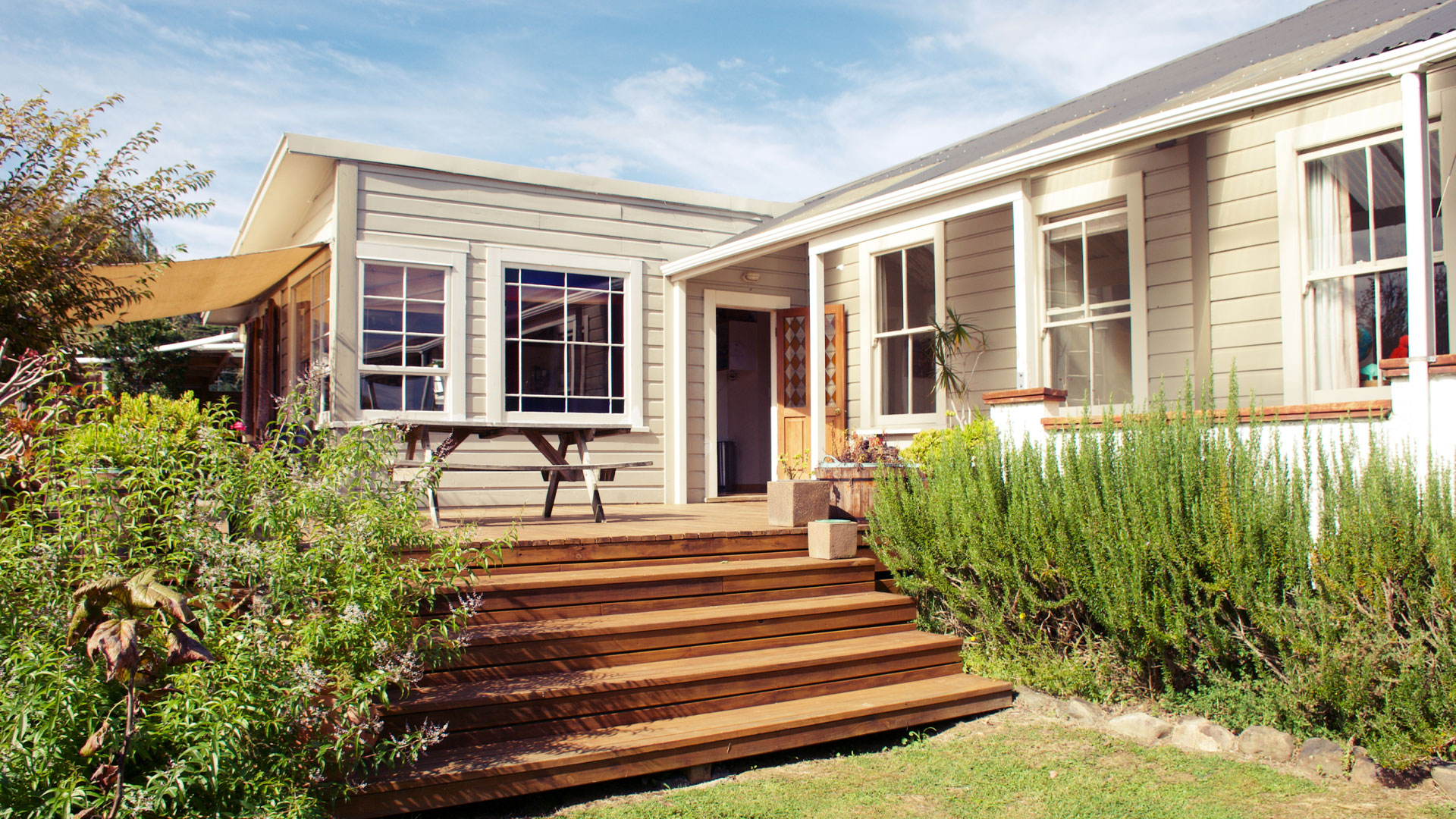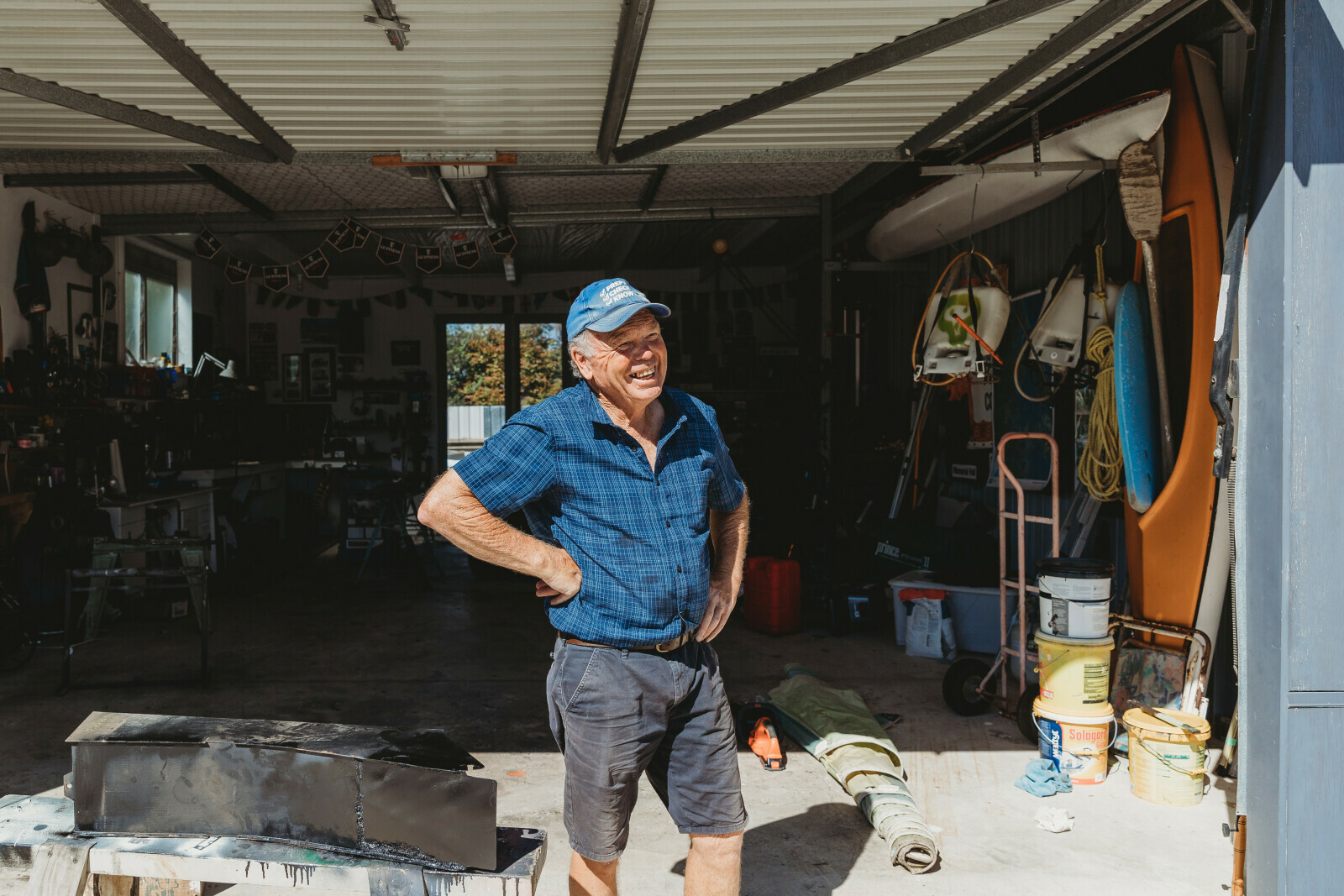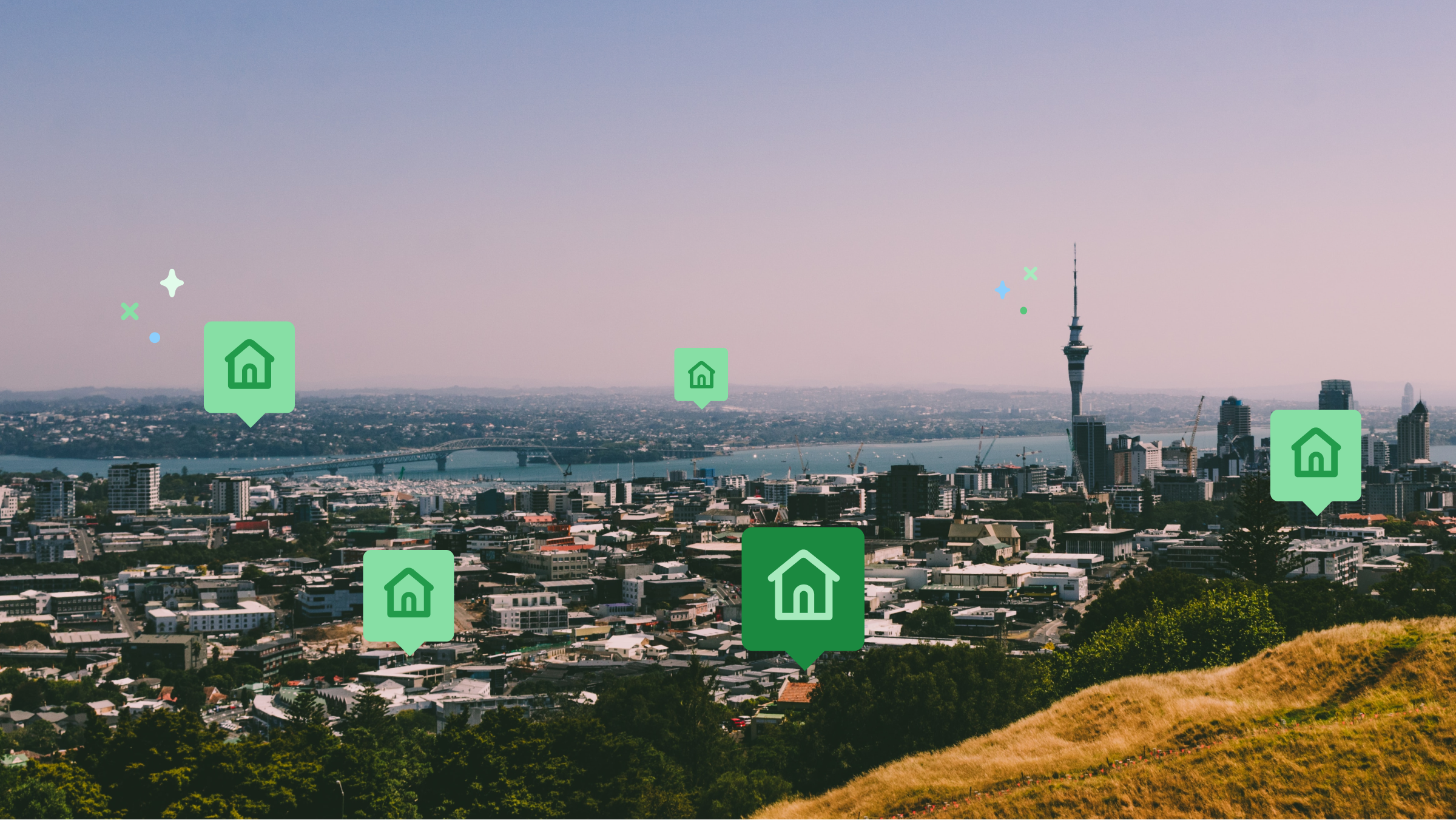Buying guide
What to look for in a neighbourhood when buying a house in NZ
It’s important to look beyond the home itself when buying a property.
.png)
How to choose a suburb when buying a home in NZ: what to think about
1. Property values
Property values vary by suburb, and this should be on your radar when choosing where to live.
2. Safety and security
3. Transport links
Transport links will make a big difference to day-to-day life in your new home.
4. Schools
5. Other amenities
Searching for a home in a super suburb?
Check out the wide range of houses for sale on Trade Me Property.
Search now Author
Search
Other articles you might like
